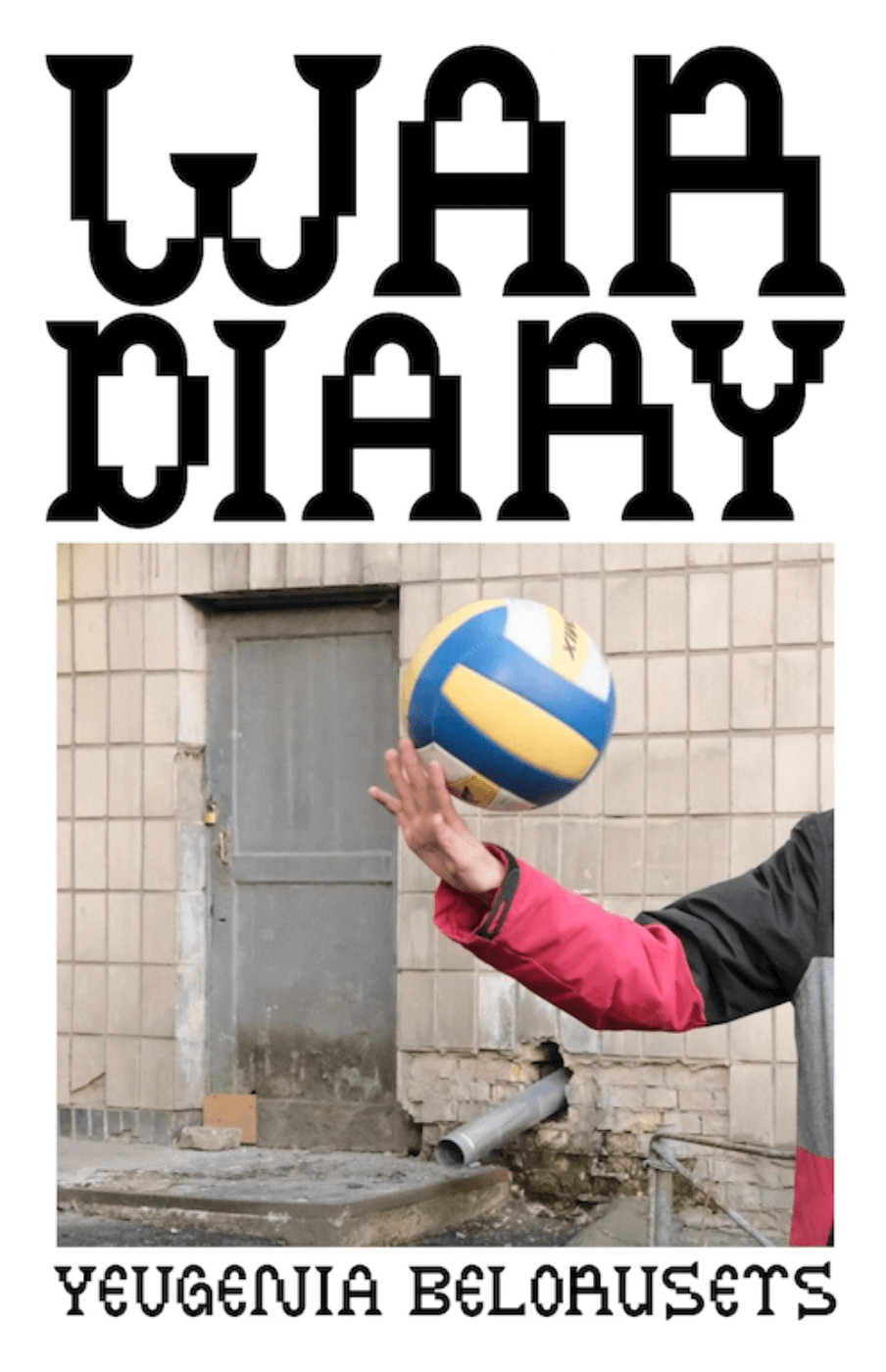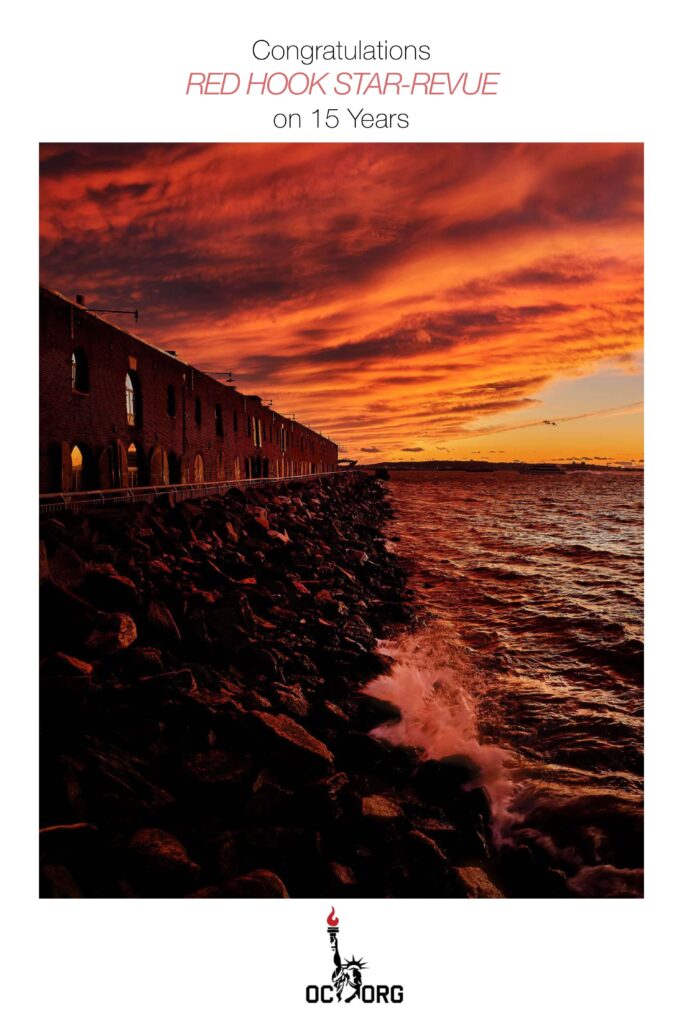Review of War Diary, by Yevgenia Belorusets, translated by Greg Nissan
Right now, as you read this, there’s a war going on. Maybe you know every detail. Maybe you’ve skimmed the headlines. Maybe it feels like it has nothing to do with you.
But what if the war was happening where you lived? You might think, This can’t be happening. You might think, Someone has to do something. But what if no one did?
War Diary, by Yevgenia Belorusets, translated by Greg Nissan, is a first-person account of the first few weeks of Russia’s “special military operation” in Ukraine, which began on February 24, 2022. Originally published in the German newspaper, Der Spiegel (and online on Isolarii and Artforum), the short, urgent dispatches convey disbelief and anguish, and urgently appeal to Western readers for help. Belorusets often wrote an entry in the middle of the night, in German (which is neither her first nor second language), under the constant threat of bombing, and published it the next day alongside one of her photographs. “Tomorrow morning I will read this text again,” Belorusets writes on day 25. “If I do, it will mean that we survived the night.”
When the war starts, Belorusets, an artist, is splitting her time between Berlin and Kyiv, where she lives near her parents. People have been hearing the rumblings of trouble for a long time, but many stubbornly refuse to believe anything more will come of it. “War was still no more than a word for me, with the ring of history books and distant, mostly exotic news,” Belorusets writes. Then Kyiv is bombed for the first time since WWII. The war hits home.
At first, people assume it can’t last long. It seems so senseless and absurd. The first night, they’re urged to seek refuge in a bomb shelter. The shelter is well-stocked and not too crowded. It almost feels cozy. But the people emerge in the morning to a changed city—buildings are destroyed, streets are deserted—and soon find themselves changed as well. “War” as a word feels insufficient or meaningless. They are plunged into a new reality.
Familiar routines are replaced by terrifying new ones. Curfews. Air raids. Trips to the bomb shelter. Sirens. Tense silences. Sleepless nights.“Tomorrow seems an eternity away, as if it were happening on another planet,” Belorusets writes.
Days are often spent alone, online, watching videos of destruction in disbelief, where “the end of the war is continually announced like a weather forecast.” The number of children killed is staggering. Life suddenly feels irrational, confusing, disorienting. People engage in agonizing debates over whether to leave—or to try to leave. Is it even possible? Many try and do not make it. On the side of a road is a car “blackened with fire and pierced with bullet holes.”
War soon becomes “a total, all-encompassing way of life that swallows up everything.” So how to explain waking up and feeling good for no reason at all? To feel lured outside by a sunny, spring day? To feel joy at finding a café unexpectedly open, or a bakery, or food on the supermarket shelves? What a luxury it suddenly is to loiter in a store for a moment, idly, to not be rushing home, bolting the door, covering the windows with bed sheets—at night, an illuminated window is a bullseye for a bomb—putting a lamp on the floor to write by, as the smell of burning drifts across a darkening sky.
To escape a feeling of confinement, Belorusets takes walks, and when she’s moved to photograph something—Will that building still be there the next time?—she’s sometimes stopped by armed men. Sharing photos of places online may make them targets for the next bomb, she’s warned. Other people eye her suspiciously, like she’s a Russian spy. Each time she raises her camera, she feels paranoid that she has become a target herself.
Mostly, she heads outside seeking connection. She listens carefully as strangers tumble out their thoughts, trying to make sense of the senselessness of war. It becomes clear that if anything a person does matters now, it’s because it’s in service to someone else. A concierge looks after people’s apartments to make sure nothing is stolen. A woman cares for a menagerie of abandoned pets. And Belorusets keeps this diary not for herself, but for us. War Diary is a slender book with tremendous emotional power. Its message could not be clearer. War isn’t just something happening over there, to them. It’s happening here, right now, to all of us.
Author
Discover more from Red Hook Star-Revue
Subscribe to get the latest posts sent to your email.










